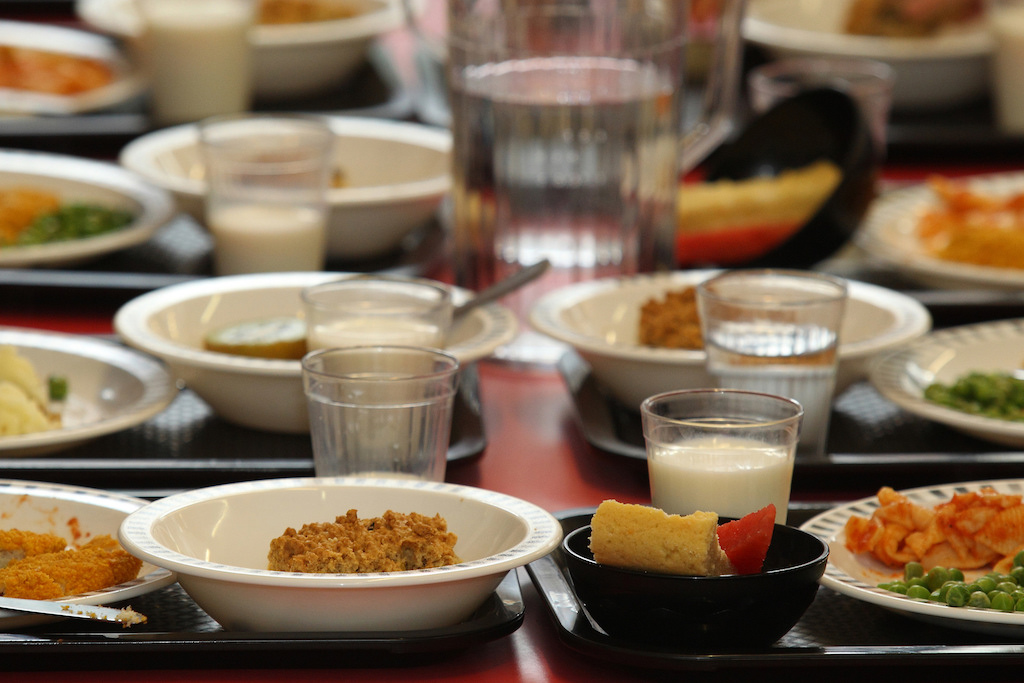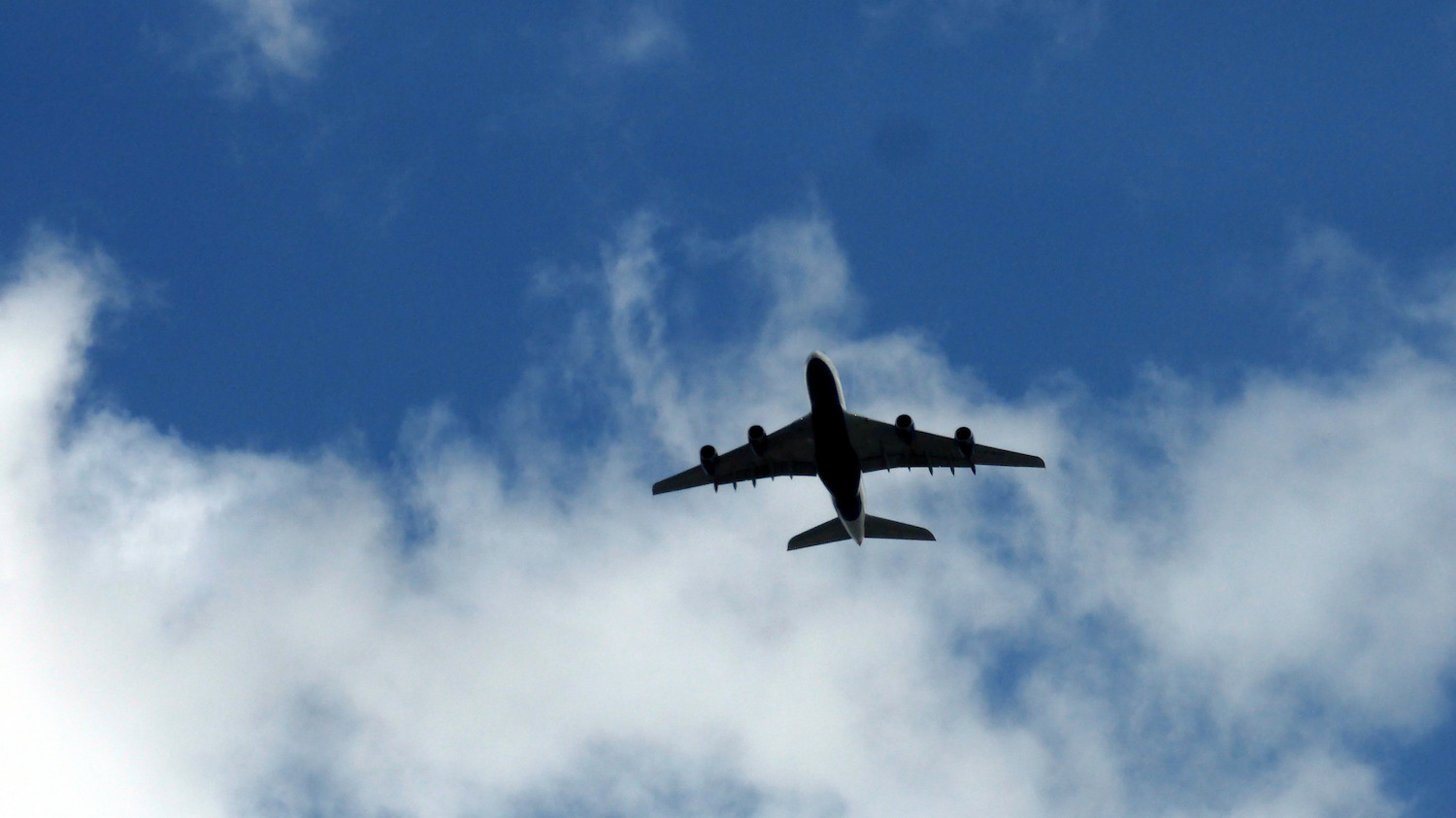It’s bad enough when students can’t afford school lunch, forced by their circumstances to go hungry during class. But schools across the country add insult to empty stomachs with a practice known as “lunch shaming”: serving students differently when they fall behind on meal payments.
Now, students in the Evergreen State can no longer be stigmatized when their lunch money runs out—served a cold sandwich when everyone else gets freshly cooked fare, or marked with the scarlet letter of a hand stamp. Signed last week by Democratic Governor Jay Inslee, the Hunger-Free Students’ Bill of Rights Act will require schools to serve a hot meal to any student requesting one, regardless of their ability to pay.
“Children should not go hungry or be humiliated because they cannot afford lunch that day,” says Peterson, in a press release. “This new law will help ensure that our school districts are not stigmatizing kids and that our state’s students are getting the nutrition they need to succeed in school.”
The law is significant because it bridges a major gap in institutional responsibility for school nutrition, says Christine Tran, a doctoral candidate at the University of Washington College of Education, who focuses on school nutrition equity.
“Teachers are trained to teach curricular content, administrators are trained to run schools, and school food is often not seen as a school issue, which is a problem philosophically within our country,” Tran tells me, in an interview by phone. But the new bill makes clear who’s responsible for ensuring no student goes unfed during the day: schools themselves.
The bill’s detractors are concerned about the financial toll the of the new law, as many school lunch programs already run a deficit. But momentum for lunch shaming bans is growing elsewhere. Last year, New Mexico became the first state to ban the practice. Texas followed suit shortly after. Earlier this year, New York‘s Democratic Governor Andrew Cuomo proposed doing the same, and lawmakers in Minnesota are currently considering a similar bill.
“With social media, in today’s age, it can be much easier to broadcast that [lunch shaming is] happening,” says Emily Chatelain, founder and CEO of the School Food and Wellness Group, a school food programs consulting firm. “It’s just more of a sensational story now. That’s kind of why I think it’s been a slow change across states, because they’re just now finding out about it and learning from other states.”











